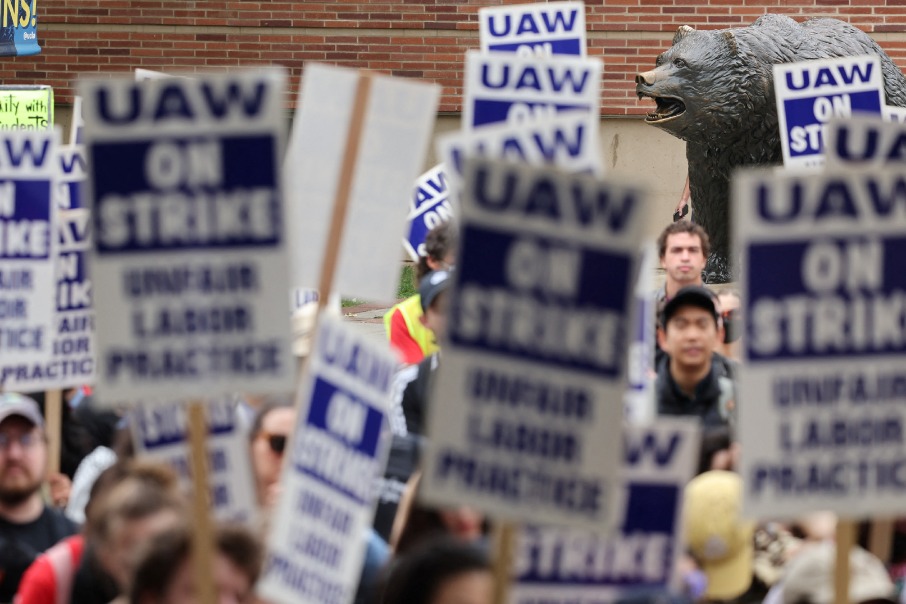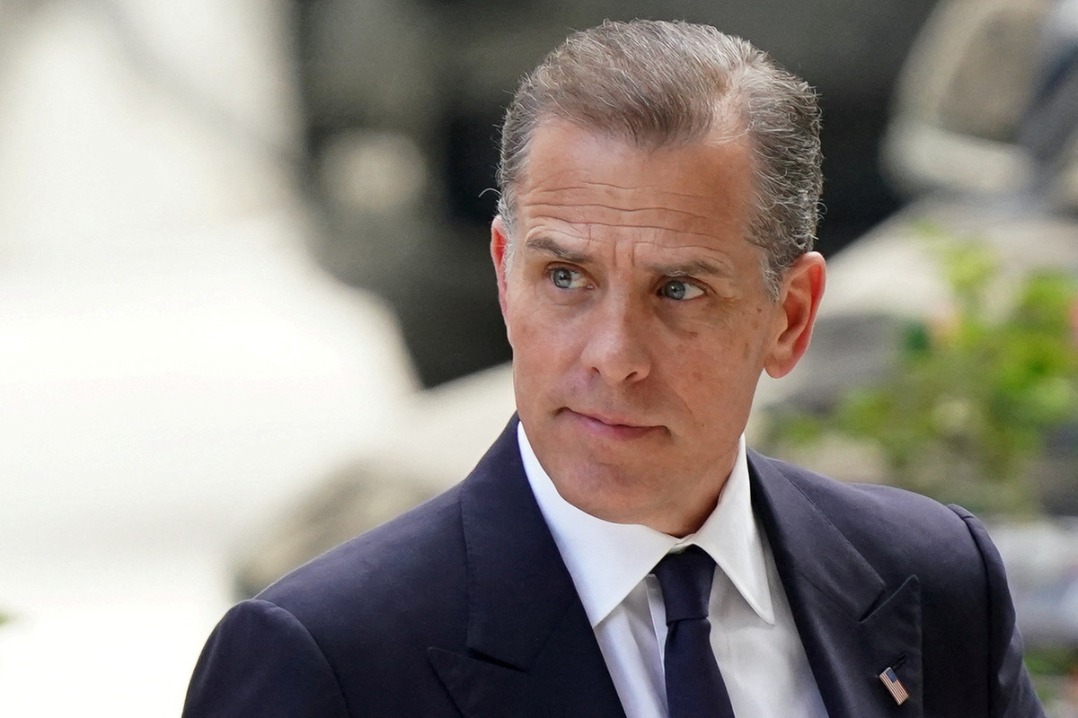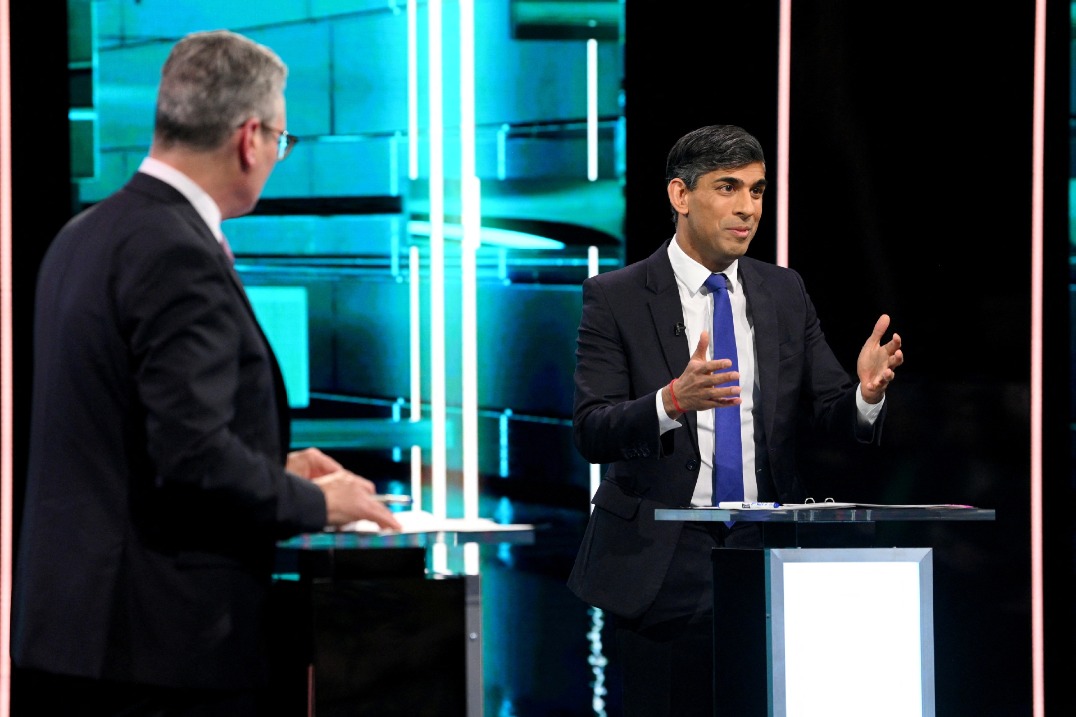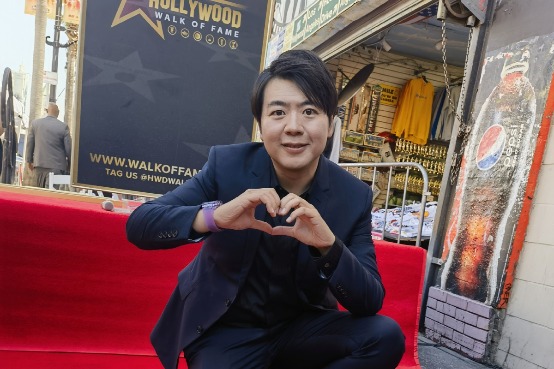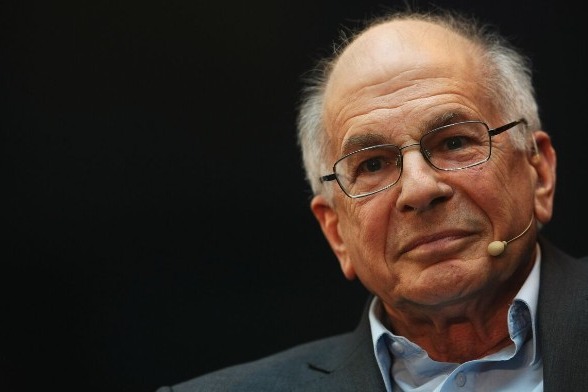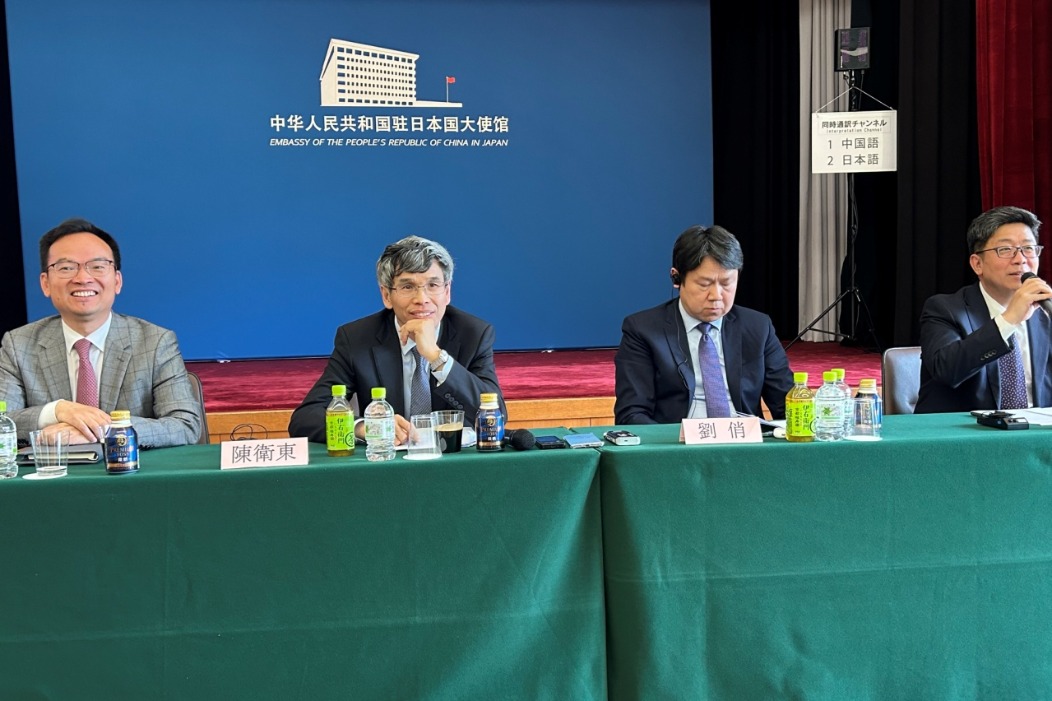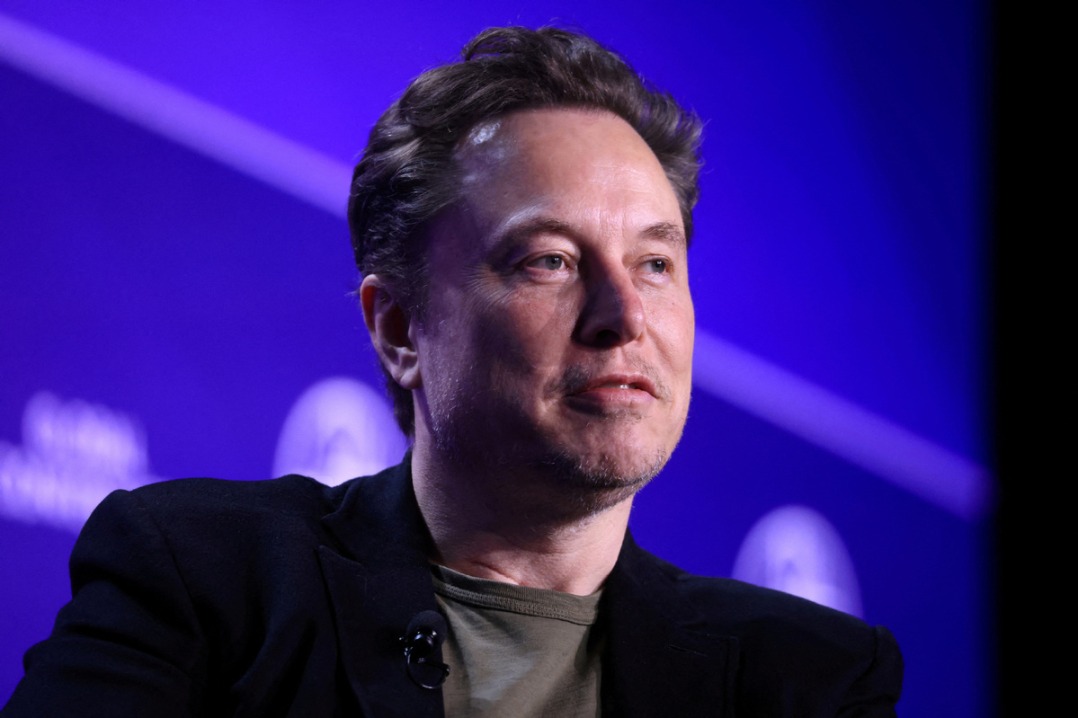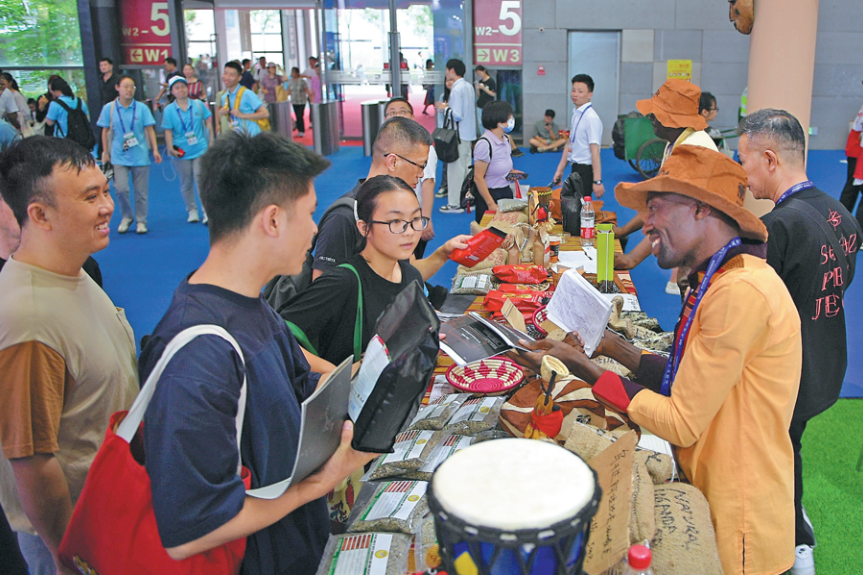Ex-US officials: Tariffs come with a cost

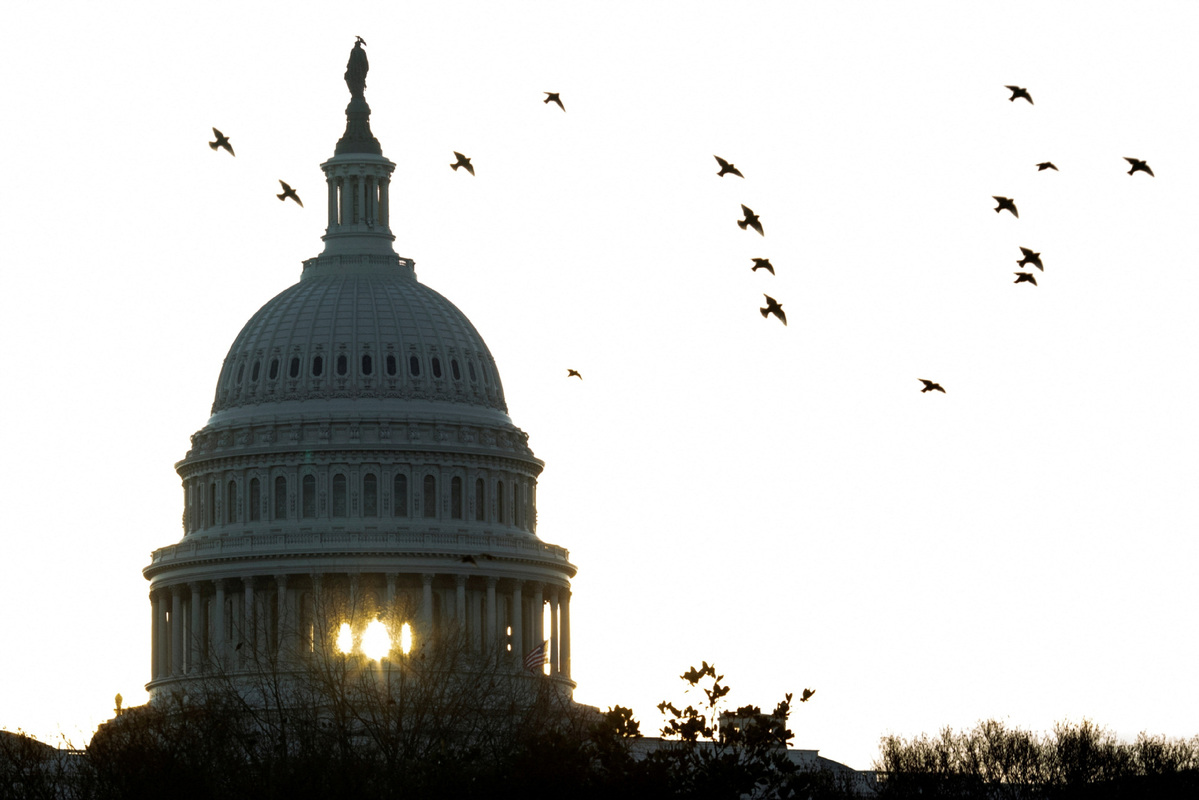
Despite the challenge and the political sensitivity surrounding de-risking of economic and trade ties with China, two US former economic officers said that decoupling the two economies would be a mistake.
At a recent webinar titled "Balancing Economic Prosperity and National Security", Charlene Barshefsky, former US trade representative, and Amy Celico, a former US economic officer who worked in China, discussed the challenges of negotiating a bilateral investment treaty since 2010.
Both women, who are now directors for the National Committee on US-China Relations (NCUSCR), said the bilateral relationship is competitive, with varying degrees of tension. But it has been punctuated by intermittent cooperation and a resumption of selective dialogue.
Barshefsky, in talking about former US president Donald Trump's tariffs on China that started in 2018, said that the import duties were not strategic and affected lower-income households in particular.
"Tariffs are taxes, and they are not paid by the exporter. They're paid by the importer," she said.
However, on May 14, President Joe Biden increased tariffs on Chinese-made electric vehicles (EVs), lithium-ion EV batteries, battery parts and solar cells.
EV tariffs have been quadrupled and will reach 100 percent. Tariffs on lithium-ion EV batteries and battery parts have more than tripled, increasing to 25 percent, while those on solar cells have doubled, reaching 50 percent.
Asked if the latest tariffs are necessary, Barshefsky said she is "not particularly fond of tariffs".
"I'm not a trade-barrier kind of person. I'm a fair-trade advocate who likes to see a level playing field," she said.
Barshefsky said that it was a "very hard" policy choice for the Biden administration, given the current economic challenges in the US.
Celico questioned the tariffs' impact on economic prosperity, whether they are justified for national security purposes, and if the US should compete with a country that operates under a different set of rules.
"And thinking about balancing economic prosperity with national security, we are paying a cost over this set of policies," Celico said.
There's no question that "we're paying a cost", said Barshefsky. As "most governments aren't philosophically oriented … they're the here and now oriented."
Many economists, who continue to favor less restrictive trade with China, have criticized both US presidential candidates' plans — not simply because they risk raising prices for American shoppers.
Barshefsky, known globally as the architect and negotiator of China's World Trade Organization (WTO) agreement, which opened China's economy as a worldwide market, recognized that the idea behind WTO accession is not to create uniformity among countries, as countries are inherently different.
"It's not about establishing the same economic system everywhere. Instead, the goal is to foster greater compatibility between different economic models," she said. "So that in the international trade space, we're talking the same one … roughly abiding by the same rules, and no system is perfect."
The US and China are not using the same model since China shifted from an import substitution economic model to an innovation program in 2010s, diverging from a Western-based system, according to Barshefsky.
As a former US economic officer working in Shanghai for years, Celico believes that previous US administrations understood that fostering closer economic ties by expanding cross-border investment flows would be beneficial for the relationship between the two countries. However, "our recent two governments failed in that endeavor", she said.
"Of course, the Chinese government would accuse the US government of undermining Chinese interests at every turn and really trying to prevent China from continuing to be able to grow, unfairly treating Chinese investors in the US (and) restricting that access," said Celico.
Most Americans believe decoupling from China is not a good idea, she said. It would result in many challenges for both countries and effectively reduce the vulnerabilities of interdependence. It's important to protect national security interests while maintaining a robust economic relationship.
Celico said the way that China and the US treat each other in a global competition is consequential for the business community, but she hopes the competition can be more "constructive".
"I do think stakeholders matter so much right now, and the relationship requires more stabilization," she said.
One NCUSCR member questioned the policy regarding TikTok, which raises disputes about whether it's solely a security issue, and if so, what the basis for that is, saying "it seems to be anti-competitive. It seems to deny free trade and it doesn't make sense."
Barshefsky said that she generally "doesn't favor" a ban. Once implemented, "the ban is extremely harsh. They're too final and inflexible, and it's very hard to un-ban; circumstances have to be so radically different."
















